By Jay Dampier, DNR IRA Grant Coordinator, Jason.Dampier@wisconsin.gov or 920-765-1935
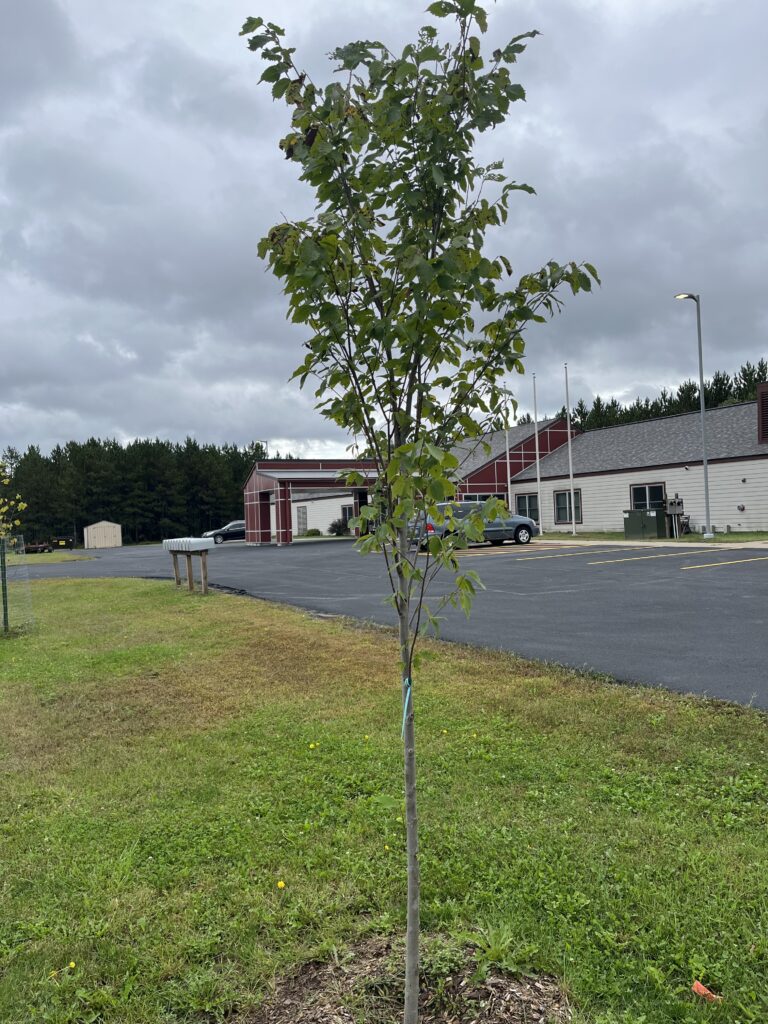
A tree planted with IRA funds is poised to provide shade over the parking lot at Mᶏᶏnᶏᶏpe Hocira – Ho-Chunk Veterans Housing Complex.
On a crisp spring morning in 2025, shovels break ground along a city street in Wisconsin. In another community, trees are being inventoried and assessed for risk. Elsewhere, a dangerous dead ash tree is being removed with a crane to make a neighborhood safer. It’s all part of a bold, three-year initiative made possible through the Inflation Reduction Act (IRA) and administered by the DNR’s Urban and Community Forestry Program. One year in, the thirteen grant-funded projects totaling $4 million are already taking root. Grantees include municipalities, tribes, nonprofits and one county. Grant awards range from under $100,000 to nearly $500,000 and are helping communities grow healthier, greener and more resilient. Together, these efforts are transforming neighborhoods and creating a legacy of shade, clean air and beautification across Wisconsin. Continue reading “Program Spotlight: DNR’s Inflation Reduction Act Funded Projects Taking Root”

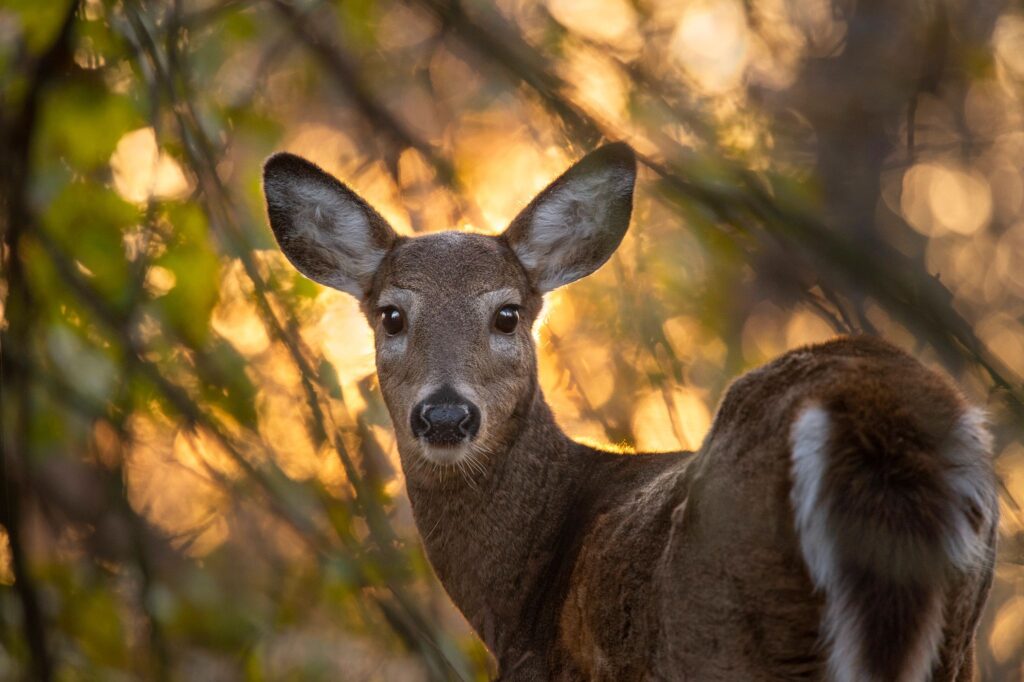 Urban Wildlife Damage Abatement and Control grants help urban areas develop wildlife plans, implement specific damage abatement and/or control measures for white-tailed deer and/or Canada geese. They are available to any town, city, village, county or tribal government with a population density of not less than 125 persons per square mile. This grant provides a 50% cost share up to $5,000 for eligible costs. The application deadline is Dec. 1.
Urban Wildlife Damage Abatement and Control grants help urban areas develop wildlife plans, implement specific damage abatement and/or control measures for white-tailed deer and/or Canada geese. They are available to any town, city, village, county or tribal government with a population density of not less than 125 persons per square mile. This grant provides a 50% cost share up to $5,000 for eligible costs. The application deadline is Dec. 1.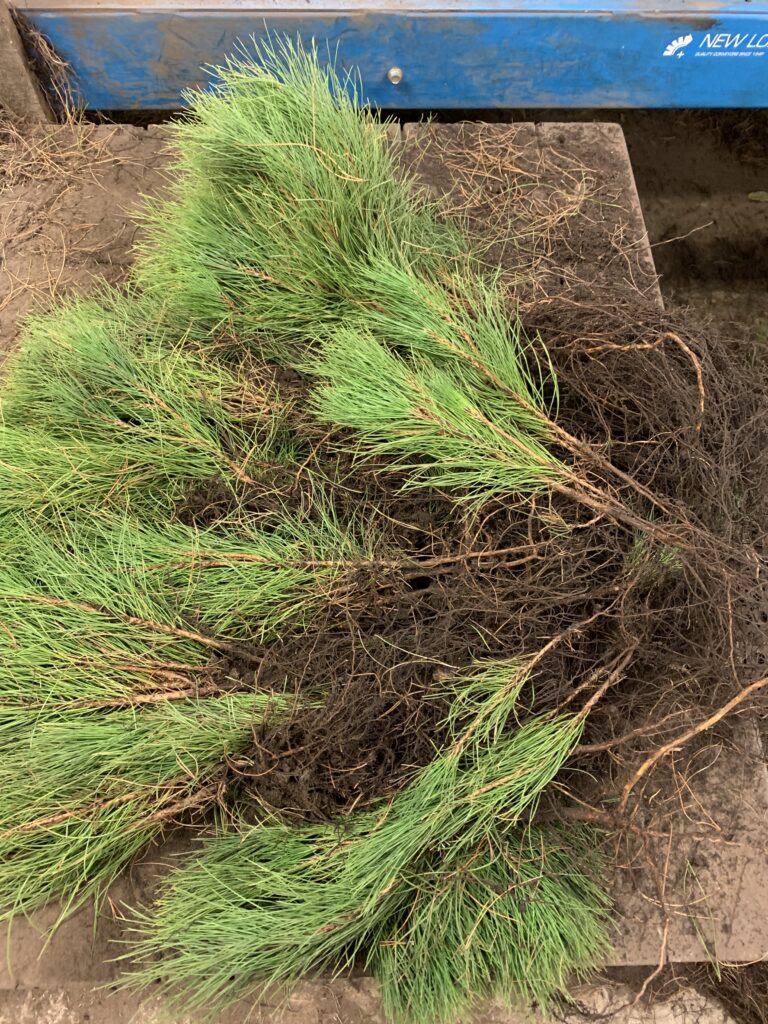 The Wisconsin Department of Natural Resources (DNR) is accepting seedling orders from Wisconsin landowners for trees and shrubs to be planted in spring 2026, starting Oct. 6, 2025.
The Wisconsin Department of Natural Resources (DNR) is accepting seedling orders from Wisconsin landowners for trees and shrubs to be planted in spring 2026, starting Oct. 6, 2025. *These training opportunities are provided as an information service only and do not constitute an endorsement from the Wisconsin Department of Natural Resources (DNR).
*These training opportunities are provided as an information service only and do not constitute an endorsement from the Wisconsin Department of Natural Resources (DNR).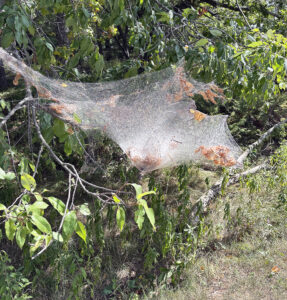
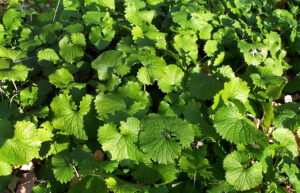
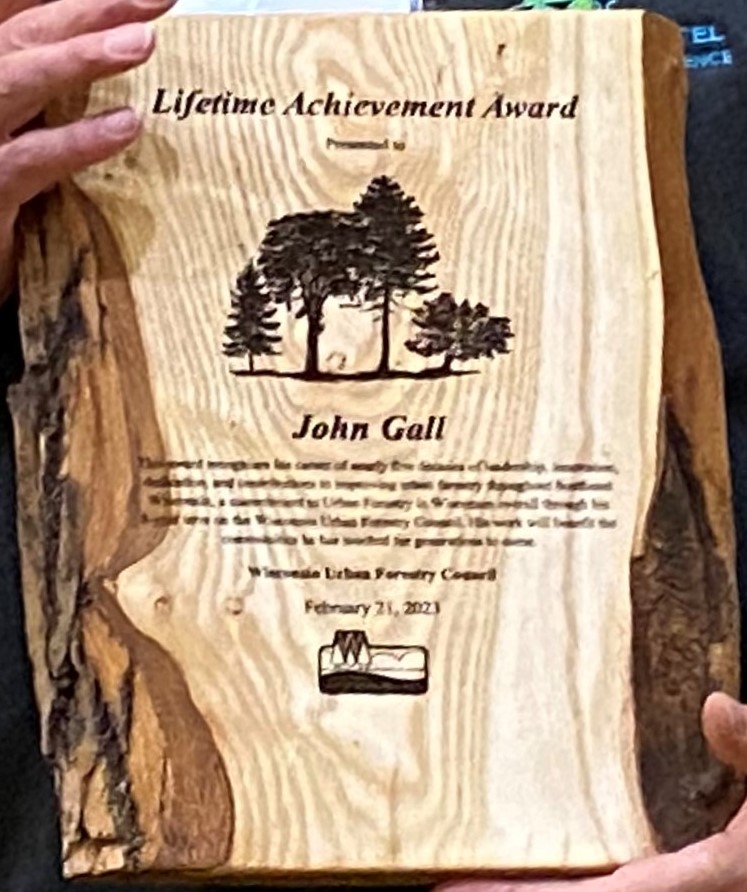
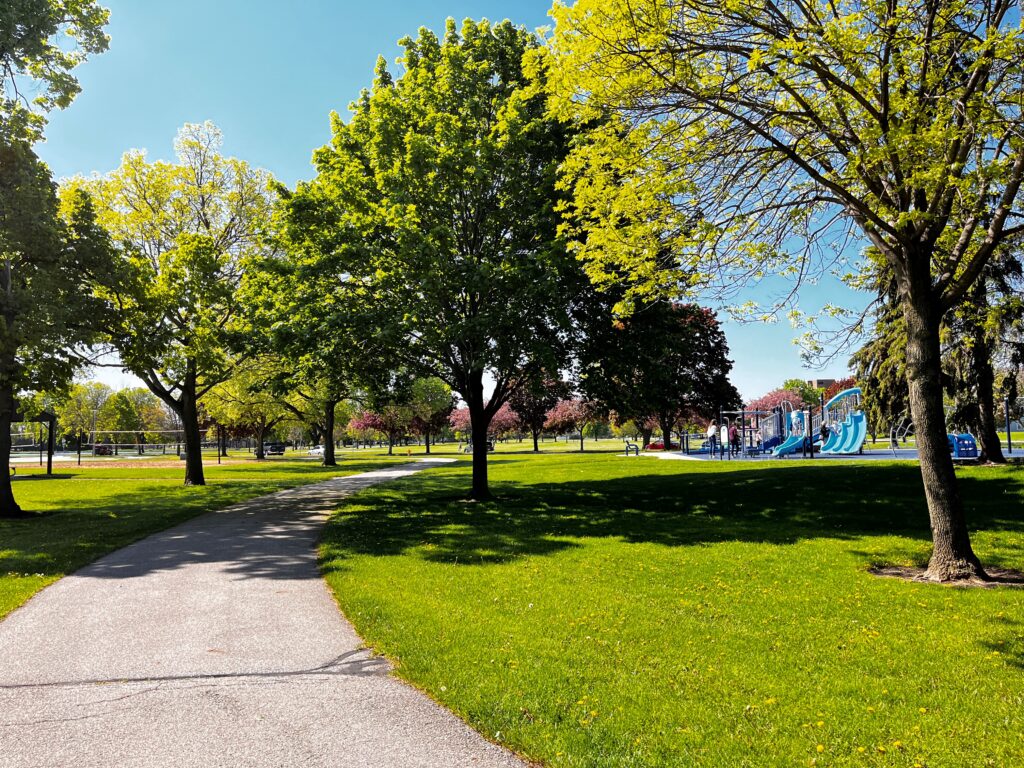 The grants range from $1,000 to $25,000, and grant recipients must match each grant dollar for dollar. A startup grant of up to $5,000 is available for communities that want to start or restart a community forestry program. Grants are awarded to projects that align with state and national goals for increasing the urban forest canopy and the benefits it provides. These grants do not subsidize routine forestry activities. In total, $559,680 is currently available in regular and startup grant funding for 2026.
The grants range from $1,000 to $25,000, and grant recipients must match each grant dollar for dollar. A startup grant of up to $5,000 is available for communities that want to start or restart a community forestry program. Grants are awarded to projects that align with state and national goals for increasing the urban forest canopy and the benefits it provides. These grants do not subsidize routine forestry activities. In total, $559,680 is currently available in regular and startup grant funding for 2026.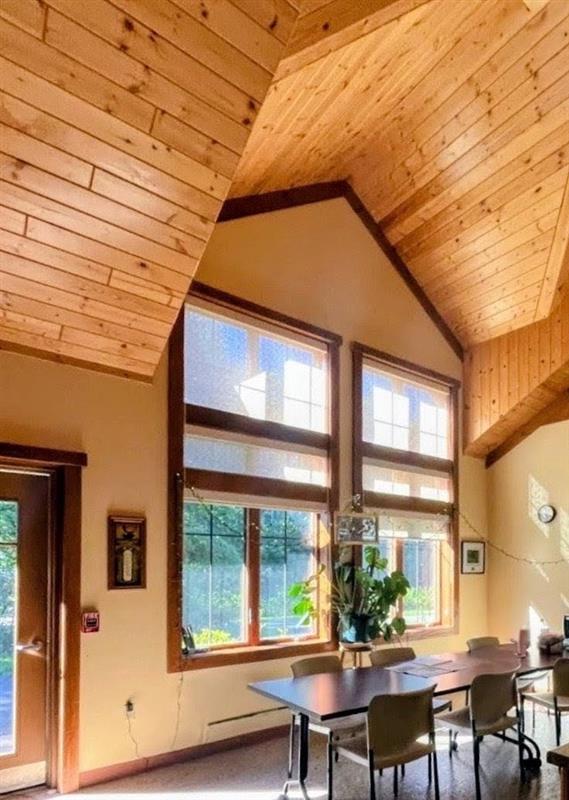 Trees grow, change and like all living things, eventually decline or die. Sometimes trees are removed from urban areas due to safety concerns, tree health or insufficient space. But when these urban and community trees are viewed not as waste, but as a valuable material resource, their story doesn’t end – it continues.
Trees grow, change and like all living things, eventually decline or die. Sometimes trees are removed from urban areas due to safety concerns, tree health or insufficient space. But when these urban and community trees are viewed not as waste, but as a valuable material resource, their story doesn’t end – it continues.